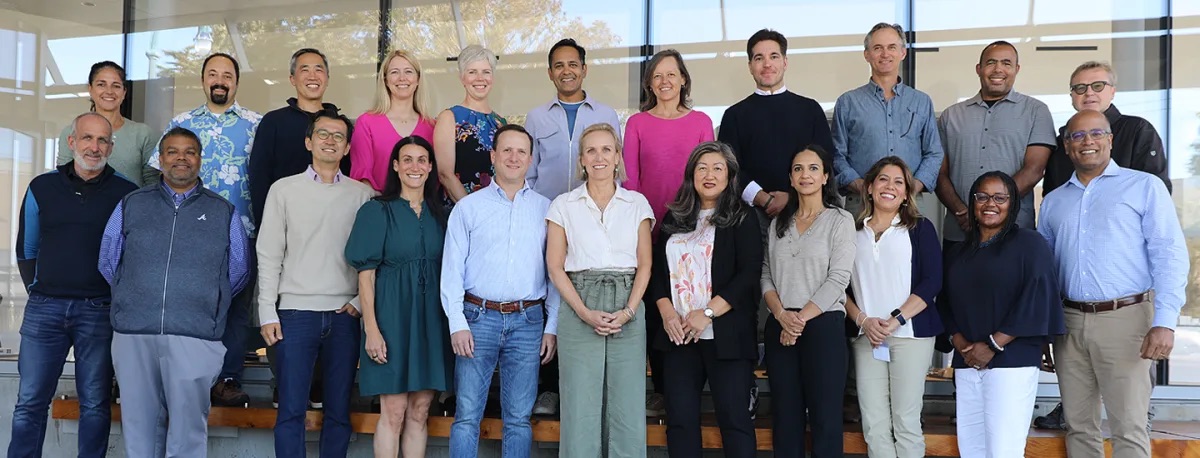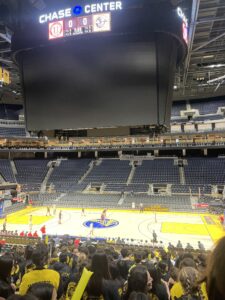Lick-Wilmerding High School’s Board of Trustees strategizes and oversees the operating leaders of the school. While this is an extremely important role, the specific responsibilities are unknown by many students.
According to the LWHS website, The Board of Trustees, or the Board, is a team made up of “members from the fields of education, law, finance, and the service professions. The Board is comprised of current parents, parents of alumni, alumni of LWHS, and community members.”
It contains eight subcommittees with around four members serving on each. The committees include the Audit Committee, the Campus Stewardship Committee, the Development Committee, the Diversity, Equity, Inclusion Committee, the Investment Committee, the Executive Committee, the Finance Committee and the Governance Committee. Each team pulls members with specific backgrounds and experiences that suit the purpose of the committee. Once sent through the interview process, selected members must serve a three-year term, and with a maximum of two terms (two terms are not required but members cannot serve more than six years total).
Each subcommittee follows their own set of bylaws, as Yvonne Neira-Perez, previous Parents Association president and now Board member, described. “Bylaws are the standards that regulate the Board and govern the way it functions. If there were suggestions for something to be changed this can be done by amending the bylaws. Bylaws are reviewed by the governance committee and the most recent review was done in 2017,” she said.
Another responsibility of the Board is to maintain the long-term financial wellbeing of the school by budgeting and investing the endowment funds. The Board acts as overseers, helping through budgeting and strategizing so each member of the LWHS community can best strive towards fulfilling the school’s mission statement of, “a private school with a public purpose.”
A large aspect of the role on the Board, Kim Drew, Board President, said, is the selection and evaluation of potential Heads of School (HOS) in addition to delegation of day-to-day management for the Head. In this regard, the purpose of the Board’s role is to assure that the HOS knows their responsibilities, but without the Board stepping into daily life at LWHS. The Board acts as a whole, so individual trustees and even the president have no authority unless authorized by the greater Board.
Drew meets once weekly with LWHS’s HOS, Raj Mundra, to check in on the progress and connect. As the HOS, Mundra sits on each of the eight committees and meets monthly with the entire Board during the school year. The only months the Board does not meet are October, when the entire Board attends a retreat, and February, when the Board spends the day visiting LWHS. The senior operating team at LWHS is invited to attend the Board meeting so that the Board has insight into the operating leadership of the school.
Additionally, the Board is responsible for the development of institutional policies that help guide the HOS in running the school, like the budget and the strategic plan, a document that keeps the school on track with the mission. To develop these policies, the Board works in tandem with teachers, staff and the HOS to account for the information only a member of the day-to-day LWHS community has.
The current strategic plan was generated in 2020, pre-pandemic. This plan has three main focuses: Educate for Life, Nurture our Dynamic Community and Deepen our Foundation. Since student and family health took priority at the time, the school was not able to centralize their focus on these missions.
Each strategic plan lasts around five years, which means that the current one is close to wrapping up. “The Board is really supportive of the school and also has a lot of professional expertise which they bring to their discussions,” Mundra said. This expertise will be critical as the Board begins work on a new plan for the future of LWHS.






